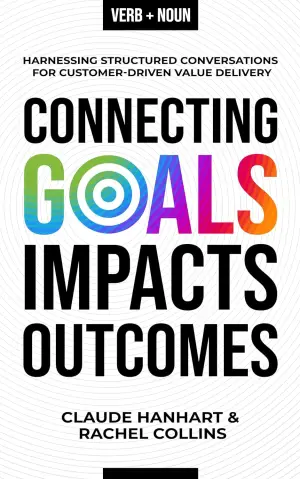Book Review: The Funding Framework: Secure Startup Funding with Confidence by Vijay Rajendran
As an avid reader with a keen interest in entrepreneurship and startup culture, I jumped at the opportunity to read The Funding Framework: Secure Startup Funding with Confidence by Vijay Rajendran. The title piqued my interest because navigating the complex world of startup funding has always seemed daunting, and I was eager to unlock those secrets.

From the moment I began reading, I was struck by the accessible and engaging writing style. Rajendran expertly breaks down the intricate process of fundraising into manageable and actionable strategies. This is no small feat, considering how overwhelming the startup landscape can often feel. His ability to distill complex concepts into straightforward advice really stood out to me. As I dove deeper, I found that the book indeed delivers on its promise to arm entrepreneurs with vital fundraising skills.
One of the highlights of The Funding Framework is the exploration of various fundraising options—be it equity, debt, or a mix. Rajendran not only lays out these options but also guides the reader on how to strategically choose the best fit for their startup. This kind of insider knowledge is invaluable, as it empowers founders to make informed decisions tailored to their specific needs. Additionally, he emphasizes the importance of understanding investor dynamics, which I found particularly enlightening. Knowing what investors look for can drastically affect a startup’s approach to pitching.
Furthermore, the book showcases practical advice on creating compelling pitches. These strategies are not just theoretical; they are grounded in Rajendran’s wealth of experience and knowledge in the field. The takeaway points, such as "pitch less, listen more," resonate deeply and serve as crucial reminders of the significance of relationship-building with potential investors.
However, the book is not without its drawbacks. While I appreciated the depth of information provided, some readers, like Jenny W., mentioned that it serves as a "great primer for first-time founders." This made me wonder if certain sections might feel too basic for more experienced entrepreneurs. Thus, while the book excels at clarity, some readers with a seasoned background in fundraising might find themselves craving more advanced insights.
Another area for improvement is the book’s layout. Although it’s concise, with a print length of just 134 pages, there are moments where I felt that certain topics could have benefited from more detailed exploration. As Rajesh Naidu noted, the clear and efficient layout helps in summarizing complex points, but perhaps a little more depth would elevate the content for those looking for substantial detail on specific aspects of fundraising.
Overall, my reading experience was overwhelmingly positive. The Funding Framework indeed lives up to its promise as an indispensable guide, packed with expert strategies and actionable insights. It teaches founders how to craft compelling pitches and navigate the often murky waters of fundraising with confidence. I found that it met my expectations and provided me with tools I can carry forward in my own entrepreneurial journey.
In conclusion, I wholeheartedly recommend The Funding Framework: Secure Startup Funding with Confidence to any aspiring entrepreneur or current startup founder. Whether you are just starting or looking to refine your funding techniques, this guide is a fantastic investment in your journey toward securing that crucial startup funding. Grab your copy and get ready to take your fundraising skills to the next level!
Unlock the secrets to confident startup funding with The Funding Framework. >>







